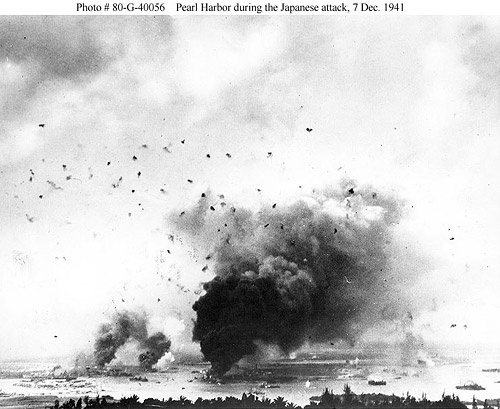And it won’t be. As this writer tells it, “what gets my adrenalin flowing is the words Roman Catholic.”
For us English, hostility sprang from ancient politics. The little history I learned at school taught me of Mary Tudor, the bigot whose five-year reign saw some 300 Protestants put to death; of papal efforts to unthrone the queen of England, her successor Elizabeth I; of Catholic Spain and its Armada; of Catholic Guy Fawkes plotting to blow up Parliament; of James II trying to reinstate his Catholicism in a country that had rejected it. Why all this should matter 300 or 400 years later I did not ask.
All this despite having “no perceptible faith”, yet he still has his “childhood prejudices”.
I don’t think this visceral hostility is sensible, let alone in an unbeliever. No one is trying to ram Catholicism down my throat. Yet, however little it may affect my actions, my prejudice is a fact—after 60-odd years, in a man reasonably educated, still tolerably intelligent, in a largely secular society, in the 21st century.
Some years ago the German ambassador to the UK complained that the British had made World War II the “core of their national identity”. But he was wrong. Anti-Catholicism is the core of British national identity, despite being a post-Christian, non-believing, non-church-going country.
The author concludes:
There are warnings in this for people like me who see human reason and conscience as better guides to modern life than are ancient scriptures, however admirable. First, that we too may be leopards. Second, that if our gut feelings are that durable, we are unwise if we discount the strength of other people’s.
That should be uncontroversial. The Sunnis and Shia, to pick one example, are not going to start liking each other any time soon.
But as to Merry Old England, the problem may have a solution. The recent fumbling around about defining its national identity has been interesting. The Labor Government is unlikely to celebrate the burning of the Pope in effigy as a “core value”. Yet there really is a lot in its history and contemporary culture which has value. By rediscovering its heritage of freedom and individualism and enterprise, they would do themselves a lot of good. I can suggest some books.
